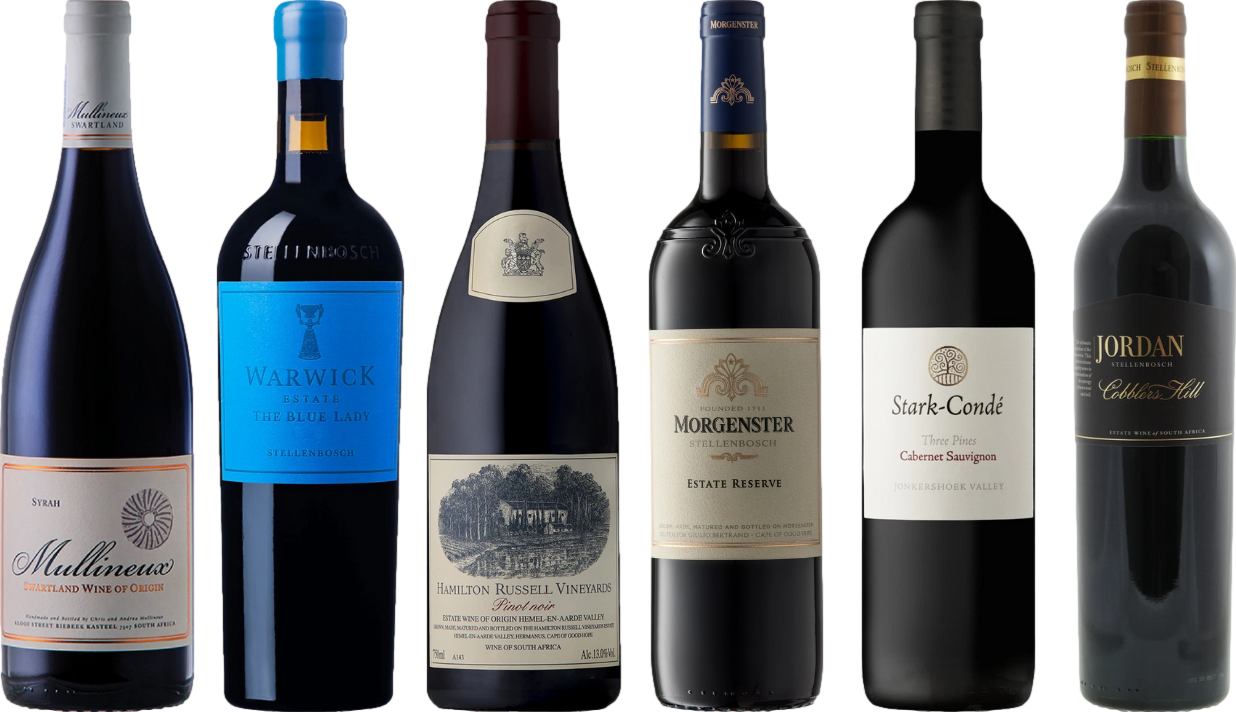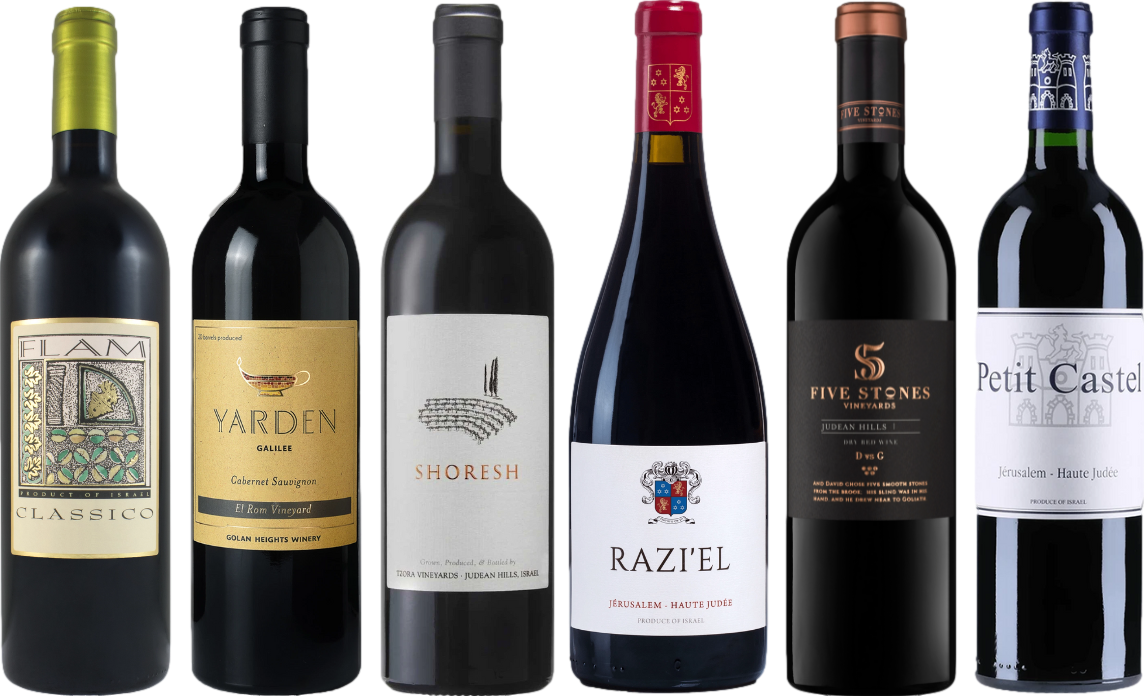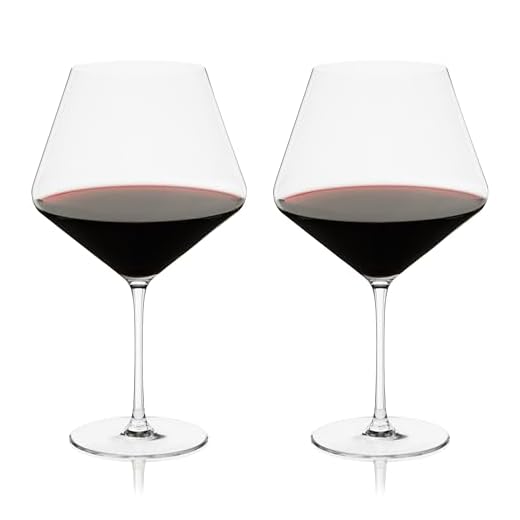



If you’re in search of a refreshing option that won’t weigh you down, I highly recommend a Gamay. This varietal, particularly from the Beaujolais region in France, stands out for its light body and vibrant fruit flavors. Expect notes of cherry, strawberry, and raspberry, complemented by a slight earthiness that makes it incredibly food-friendly.
Another excellent choice is Pinot Noir, especially those from cooler climates like Oregon or Burgundy. These wines are known for their delicate structure and bright acidity, often showcasing flavors of red berries, floral nuances, and subtle spice. They can pair beautifully with a range of dishes, from salmon to roasted poultry.
For a unique twist, consider a Frappato from Sicily. This lesser-known gem offers a light, aromatic profile that includes notes of red fruit and herbs. It’s perfect for warm weather or casual gatherings, easily enjoyed chilled.
In my experience, selecting a lower alcohol content–typically around 12% or less–can also enhance the perception of lightness. Keep an eye out for these options, as they not only provide a more refreshing sip but also allow for longer enjoyment without overwhelming the palate.
Characteristics of Light Red Wines
Opt for varieties like Pinot Noir or Gamay as they exhibit lower tannin levels and higher acidity. These characteristics create a refreshing profile, making them ideal for warm weather or food pairings.
Aroma plays a significant role; expect bright notes of red fruits such as cherry, raspberry, and strawberry. These fragrances are often complemented by subtle herbal or floral undertones, enhancing the overall sensory experience.
On the palate, these selections generally showcase a lighter body and a smooth texture. The finish is often crisp, leaving a clean sensation rather than a heavy aftertaste. This is particularly appealing for those who prefer a more delicate option.
Serving temperature should be slightly cooler than typical full-bodied counterparts, around 55-60°F (13-15°C). This enhances the refreshing qualities, making each sip more enjoyable.
Pair these selections with lighter dishes such as grilled salmon, roasted chicken, or vegetable-based dishes. Their acidity can cut through rich flavors, while the fruitiness complements a variety of cuisines.
Exploring different regions can enhance your experience; French Burgundy or Beaujolais produces exquisite examples, while California offers unique interpretations that are worth trying. Always seek out producers known for quality and consistency.
Top Light Red Wine Varieties
Pinot Noir stands out as a premier choice for those seeking a delicate and nuanced experience. Originating from France, it exhibits bright acidity and subtle fruit flavors, making it a versatile partner for various dishes, from salmon to poultry.
Gamay, particularly from the Beaujolais region, offers an approachable style with its juicy berry notes and low tannins. This varietal shines when slightly chilled, enhancing its refreshing qualities. It pairs beautifully with charcuterie and light pastas.
Another excellent option is Grenache, known for its vibrant red fruit and earthy undertones. This grape thrives in warm climates and often features in blends, adding depth and complexity. Enjoy it with grilled meats or Mediterranean cuisine for a delightful match.
Other Notables
Barbera, hailing from Italy, provides a delightful balance of acidity and ripe cherry flavors. Its food-friendly nature makes it a great accompaniment to tomato-based dishes and pizza.
Lastly, consider Frappato, a lesser-known gem from Sicily. This varietal showcases bright fruit and floral notes, offering an intriguing alternative to more mainstream options. It’s particularly enjoyable with fresh seafood or light salads.
Exploring these selections can lead to delightful discoveries, enhancing your culinary experiences with every sip.
Food Pairings for Light Red Wines
For an exquisite match, consider pairing Pinot Noir with grilled salmon. The wine’s bright acidity complements the fish’s richness, enhancing the overall dining experience.
Gamay shines alongside charcuterie boards. The fruity notes and low tannins harmonize beautifully with cured meats, cheeses, and pickles, making each bite more enjoyable.
Pasta Dishes
When it comes to pasta, opt for a light-bodied Cabernet Franc. Its herbal undertones work wonders with tomato-based sauces, creating a delightful contrast.
Vegetarian Options
For vegetarian dishes, a juicy Grenache pairs nicely with roasted vegetables. The wine’s berry flavors balance the sweetness of the veggies, creating a pleasing combination.
Don’t forget about sushi; a chilled light-bodied wine can elevate the meal. A light Syrah complements tuna and salmon rolls, enhancing the umami flavors without overpowering them.
Incorporating these pairings into your meals will not only elevate the flavors but also provide a memorable tasting experience. Enjoy the exploration!
How to Serve Light Red Wines
Serve these delicate vintages slightly chilled, ideally between 55°F and 60°F (13°C to 16°C). This temperature enhances their aromatic qualities and crispy profile. Use a standard red wine glass, which allows for proper aeration while concentrating the aromas.
Decanting and Aerating
For optimal enjoyment, consider decanting. Pouring into a decanter for about 30 minutes can soften tannins and highlight fruit characteristics. For those in a hurry, simply swirling in the glass achieves similar effects, releasing volatile compounds that enhance aroma.
Glassware Selection
Choose a glass with a narrower rim to focus aromas. The bowl should be wide enough for aeration but not so large that it overexposes the wine to air, which can lead to rapid oxidation. Ensure cleanliness; residues can affect taste.
| Temperature (°F) | Temperature (°C) | Decanting Time |
|---|---|---|
| 55°F | 13°C | 30 minutes |
| 60°F | 16°C | N/A |
Lastly, ensure you have the right corkscrew on hand. A double-hinged corkscrew is efficient for opening bottles with synthetic corks or traditional ones. Enjoy discovering subtle flavors and aromas in each pour!
Regions Known for Light Red Wines
For enthusiasts seeking delicate and nuanced options, several regions stand out for their exceptional offerings of lighter-bodied varieties. Each area contributes unique characteristics influenced by climate, soil, and grape varieties.
Burgundy, France
Burgundy is renowned for its Pinot Noir, which embodies elegance and finesse. The cool climate allows for slow ripening, resulting in wines with bright acidity and subtle fruit flavors. Look for villages like Gevrey-Chambertin and Chambolle-Musigny for outstanding selections.
Oregon, USA
Oregon’s Willamette Valley has gained acclaim for producing vibrant and aromatic Pinot Noir. The region’s volcanic soils and maritime influence create wines with refreshing acidity and notes of cherry and raspberry. Seek out producers from sub-regions such as Dundee Hills and Yamhill-Carlton.
- Beaujolais, France: This region is famous for its Gamay wines, particularly the Beaujolais Nouveau, which are light, fruity, and best enjoyed young.
- Italy: In regions like Piedmont and Veneto, you can find Barbera and Valpolicella that offer bright flavors and a lighter profile ideal for casual sipping.
- Spain: Regions such as Rioja and Navarra produce Garnacha that is elegant and food-friendly, with a focus on fresh berry notes.
For an interesting twist, while exploring these regions, consider how environmental factors can affect grape growth and flavor development. Also, while you’re at it, if you’re looking for effective ways to maintain your outdoor spaces, check out the best chemical to use with pressure washer to remove mold.
Health Benefits of Choosing Light-Structured Reds
Opting for lighter-bodied varietals can offer several health advantages. Studies indicate that moderate consumption of such beverages may support heart health due to their higher concentration of antioxidants like resveratrol. This compound has been linked to improved cardiovascular function and reduced inflammation.
Lower alcohol content in these selections reduces calorie intake, making them a smart choice for those mindful of their weight. Additionally, lighter styles often have less tannin, which can be easier on digestion, promoting a more enjoyable experience without discomfort.
Including these selections in a balanced diet may also enhance social interactions. Enjoying a glass with friends encourages mindfulness and relaxation, contributing positively to mental well-being. Pairing these beverages with a variety of nutrient-rich foods can further amplify health benefits, making it a delightful and nourishing experience.
For those looking to maximize the positive effects, consider enjoying a glass with meals rich in vegetables, whole grains, and lean proteins. This combination not only enhances flavor but also supports a healthier lifestyle.









